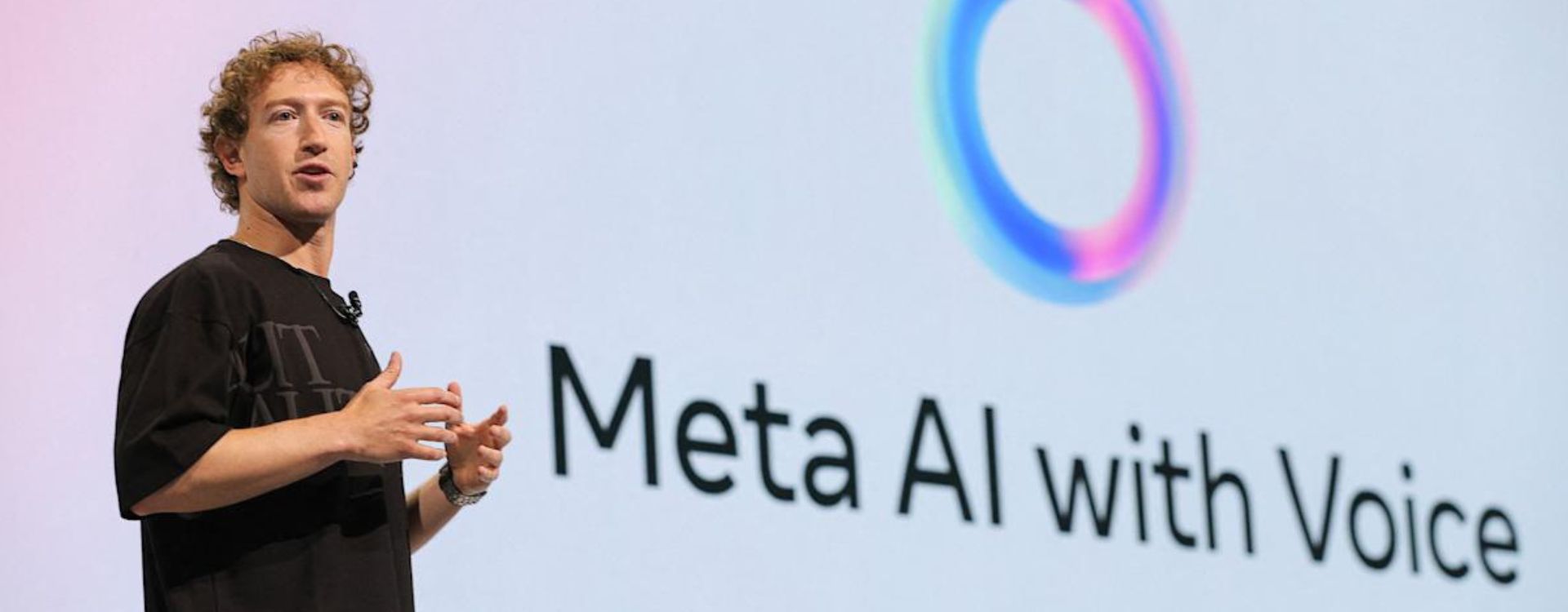Blog

Published on 26/08/2023
Meta Backs Out: Won’t Sign EU’s AI Code of Practice
Which Big Tech companies are saying yes?
On July 18, Meta officially announced that it will not sign the European Union’s Code of Practice for general-purpose artificial intelligence (GPAI), citing “legal uncertainties” and claiming that it goes beyond the scope of the AI Act proposed by Brussels.
According to Joel Kaplan, Meta’s Chief Global Affairs Officer, the Code introduces requirements that could limit the development of frontier AI models in Europe, creating a disadvantage for companies trying to innovate on the continent.
What the Code Covers
Drafted by thirteen independent experts after more than a year of consultation with over 1,000 stakeholders, the Code – published on July 10 – outlines best practices for transparency, copyright, security, and accountability. Signing the Code is voluntary, but doing so grants companies legal certainty and streamlined compliance under the upcoming AI Act, which takes effect on August 2, 2025.
The Code is aimed at providers of GPAI models like GPT‑4 (OpenAI), Gemini (Google), and Grok (xAI) – powerful generative systems that could have systemic impact.
Who's In – and Who Might Be
OpenAI: Has declared its intention to sign, calling the moment a chance for Europe to lead in responsible AI innovation.
Anthropic: The maker of Claude, a rival to ChatGPT, has committed to joining, aligning with the Code’s values of transparency, safety, and responsibility.
Microsoft: President Brad Smith said it's "very likely" the company will sign, describing the Code as aligned with Microsoft’s vision for responsible AI.
xAI (Elon Musk): Will sign only the safety and security chapter for now, pending further review of the sections on transparency and copyright.
Google (Alphabet): Will sign the Code, though it expressed concern that certain provisions – particularly on copyright and commercial confidentiality – could slow European innovation.
Amazon: Has not made a formal statement but remains under close observation by regulators and analysts.
What Happens After August 2
Once the AI Act comes into force on August 2, GPAI providers already active in the EU market will need to have signed the Code to benefit from lighter regulatory procedures. Those who haven’t – like Meta – may face stricter oversight, longer evaluations, and potential inspections.
The European Commission will publish the list of signatories on August 1, followed by technical guidance in the fall to help companies fully comply.
Summary: Where the Big Techs Stand
| Company | Status | Notes |
|---|---|---|
| Meta | ❌ Not signing | Claims the Code adds burdens beyond AI Act; worries about innovation limits |
| ✅ Will sign | Raised concerns over copyright and competitiveness | |
| OpenAI | ✅ Will sign | Sees EU as a chance for responsible innovation |
| Anthropic | ✅ Will sign | Fully aligned with transparency and safety goals |
| Microsoft | ⚠️ Likely to sign | Code consistent with its ethical AI vision |
| xAI | 🟡 Partial signing | Signs safety chapter only, for now |
| Amazon | ❓ Undeclared | No official position shared |
The EU is building one of the world’s first comprehensive AI regulatory frameworks. The contrast between those who sign and those who don’t highlights a fundamental split: some seek legal clarity and ethical guidelines, others fear red tape and innovation slowdowns. The battle lines are drawn as August 2 approaches.